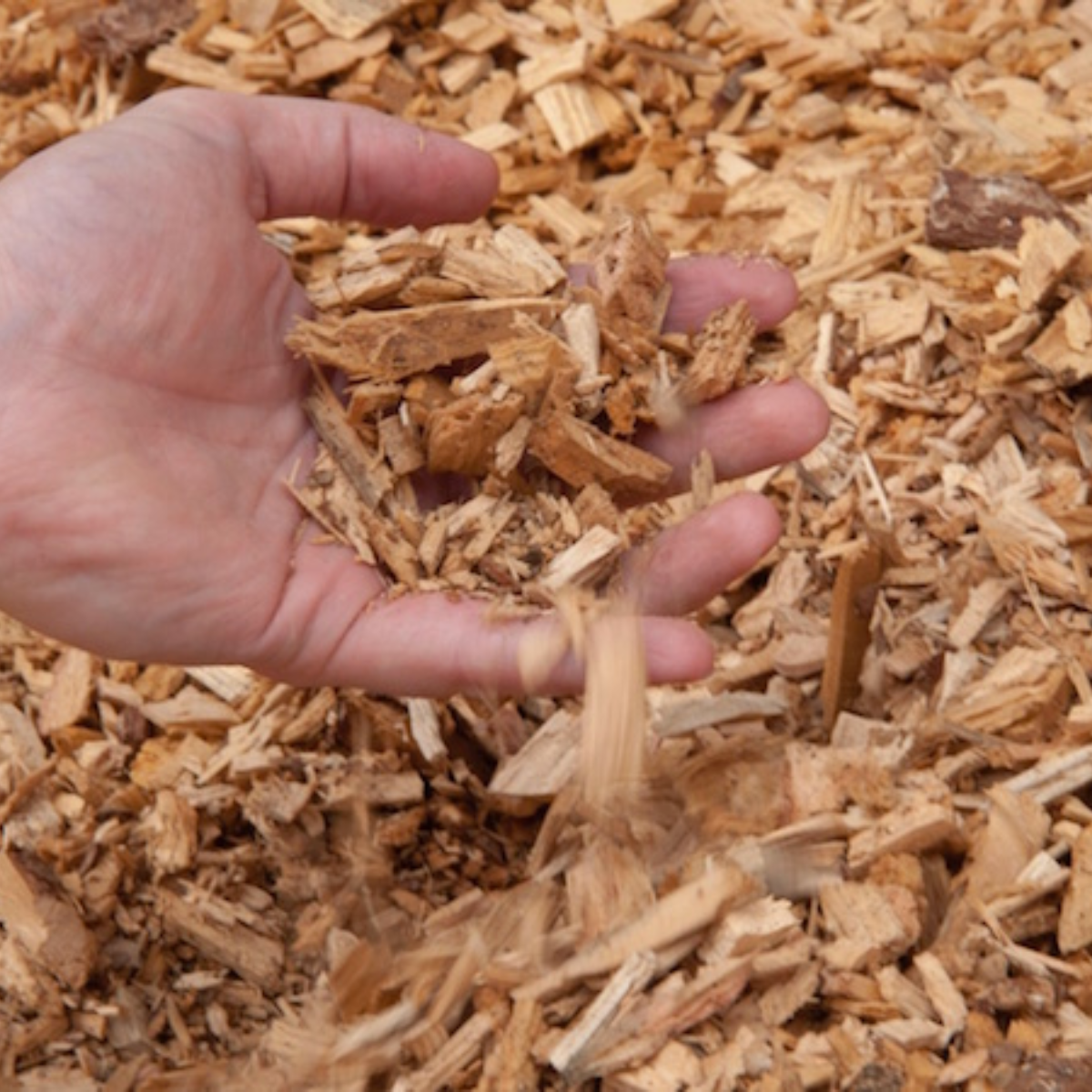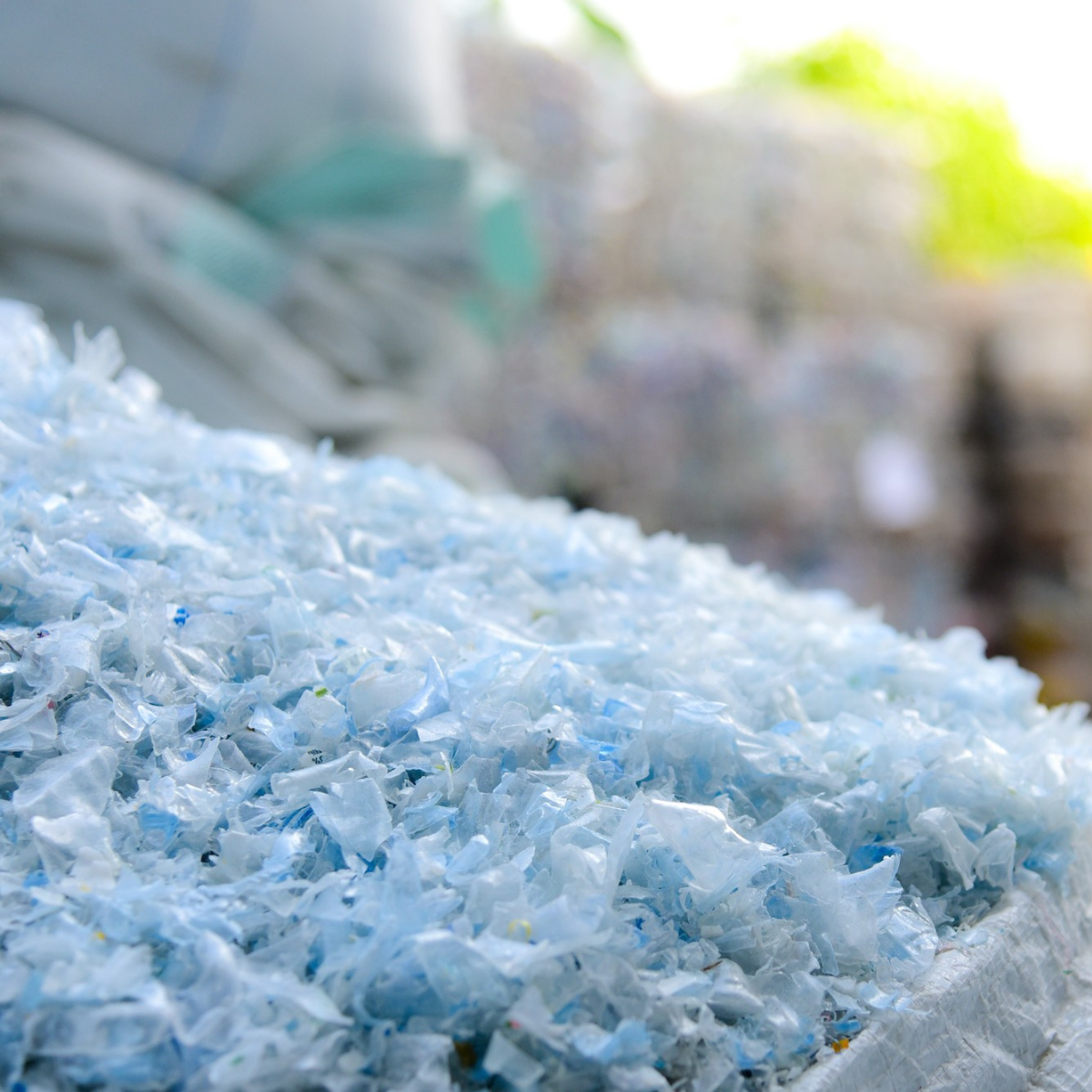Materials Selection
We utilize several materials such as plastic, silicone and fabrics with different bio and recycled compositions to create the most sustainable product, while keeping the high performance characteristics needed for the best, uncompromising sports eyewear.

For a long time and still to this day almost every pair of sunglasses are made from petroleum-based virgin plastics, rubber and fabric, which creates tons of waste that harm the planet.
We believe this requires new ways of thinking. After years of research and close collaboration with our key suppliers, we are proud to present our eco-friendly materials, conceived in respect of our nature and planet.

Frame
Our unique eco-friendly PA11 bioplastic material is based on polyamides from renewable sources. This bioplastic comes from the castor oil plant crops - a non competing plant with livestock - and it is ecologically manufactured using energy from biomass. It is an amorphous polyamide based on 100% of renewable sources.
By using monomers from renewable raw castor oil, the environmental impact of our material is significantly lower compared to traditional crude-oil plastics. The total emission during the making of our plastic is reduced by up to 75%.

Lenses
Our game-changing lenses are made from sustainable polyamid nylon. They are a mix of 39% bio mass from certified waste material from the wood and agricultural industries, and 61% fossil mass.
Our bio-based material replacing the
fossil material in the manufacturing chain of the lens did not result from the direct cultivation of an agricultural commodity and therefore neither competes for land use for food production nor creates potential deforestation problems.
As a result, we are avoiding traditional petroleum based polycarbonate lenses, while still keeping the same performance level.

Accessories
All accessories are made of 70% recycled PET plastics, diverting them from ending up in landfills or oceans. This helps reduce waste and promote a circular economy.
By using recycled PET instead of virgin polyester, RPET fabric also reduces the demand for new petroleum-based raw materials. This helps conserve natural resources and reduces the environmental impact associated with extracting and processing new raw materials.
-
Back to Production
Click here -
Continue to Value Chain
Click here
